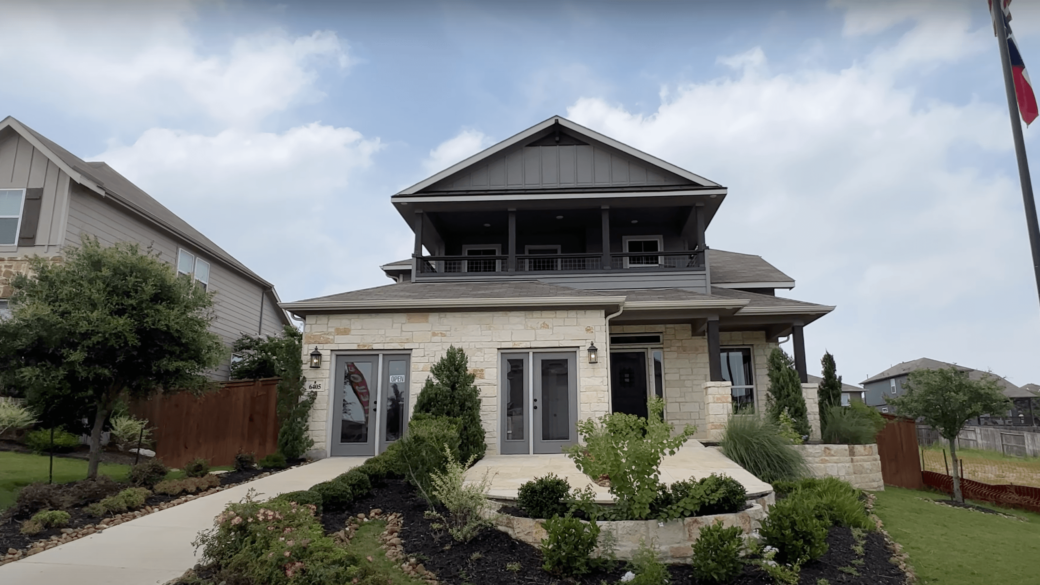Living in a Place You Love vs Living Near Family
Choosing a place to call home is a significant life decision that ripples through various aspects of one’s life, from emotional fulfillment to career pathways. This decision often teeters between living in a place you love vs living near family. In this article, we’ll explore the merits and hurdles of each option, aiming to offer a thorough perspective to assist you in making an informed choice.
Living in a Place You Love
Pros:
-
Personal Fulfillment and Happiness
Living in a place that harmonizes with your passions or interests can bring ongoing happiness. These locations resonate with your core self, providing daily encounters that match your hobbies, whether they involve nature, the arts, or city life. This alignment often results in an increased sense of belonging and a more profound connection.
-
Career Opportunities
Some areas are distinguished by particular industries. Residing in these epicenters can offer a distinct advantage, granting access to leading companies, industry events, and networking prospects that might be limited in other locales.
-
Personal Growth
Being in a new environment provokes and enriches personal growth. Encountering diverse cultures and lifestyles can expand one’s perspective, thereby nurturing adaptability, open-mindedness, and resilience.
-
Networking and Social Opportunities
Areas characterized by high population density or cultural richness frequently serve as hosts for a multitude of social gatherings and professional organisations. This abundance can ease the process of forging connections that extend beyond personal friendships and delve into fruitful professional collaborations.
-
Independence
Being distant from familiar surroundings can strengthen self-reliance. It promotes the honing of problem-solving abilities, the cultivation of decision-making skills, and the development of life skills in the absence of a safety net.
Cons:
-
Potential Loneliness
While independence is undoubtedly advantageous, it can occasionally evoke feelings of isolation. The lack of familiar faces during pivotal life moments can accentuate this sense of distance.
-
Higher Living Costs
Metropolitan or high-demand regions often come with elevated living expenses. This increase can place pressure on budgets, rendering it difficult to sustain a preferred lifestyle or save for future aspirations.
-
Adjustment Period
Adjusting to a new location, with its distinct rhythms, norms, and systems, can consume significant time and mental energy.
-
Lack of Immediate Support
During times of crisis or health emergencies, the geographical separation from family can emerge as a notable disadvantage, heightening the desire for nearby support.
-
Cultural Differences
Assimilating into a new culture, marked by its unique values, customs, and anticipations, can present a formidable learning curve, demanding patience and empathy.
Living Near Family
Pros:
-
Emotional Support
Being close to family provides a steadfast emotional foundation. This support network can serve as a wellspring of comfort, guidance, and motivation, easing the challenges that life may present.
-
Financial Benefits
Residing in close proximity to family can result in shared expenses, encompassing everything from combined grocery costs to shared housing arrangements. Such setups can offer financial respite, particularly in regions where the cost of living is high.
-
Shared Responsibilities
Having family nearby can entail a distribution of daily responsibilities. This collaborative approach can alleviate the demands of childcare, eldercare, or even routine household tasks.
-
Familiarity
It is easier to relax and be yourself in familiar surroundings. The predictability of one’s environment, encompassing beloved local spots and recognizable faces, can contribute to emotional stability.
-
Safety Net
Having family nearby serves as an immediate support system in unforeseen circumstances, whether it’s a personal crisis, financial difficulties, or a health emergency.
Cons:
-
Potential Dependence
Having close friends and family nearby can make it easier to rely on them too heavily. This dependency can, at times, impede personal growth and the cultivation of independence.
-
Lack of Privacy
Proximity to family members can, at times, intrude on personal space, giving rise to uninvited advice, unexpected visits, or a feeling of being constantly observed.
-
Limited Exposure
Remaining in familiar environments may limit exposure to diverse experiences, which could potentially result in a more constrained worldview.
-
Potential for Conflict
Regular interactions can occasionally magnify disagreements, causing minor issues to escalate into significant conflicts due to the close quarters.
-
Complacency
The comfort of familiarity can sometimes breed complacency, diminishing the motivation to seek out fresh experiences or embrace new challenges.
Helping you make the best decision for your specific circumstances
Deciding between residing in a beloved location and staying close to family is a complex choice, with the optimal decision contingent on individual circumstances. Here’s a set of principles to assist you in navigating this decision:
-
Prioritize Career and Personal Growth
If you find yourself in a life stage where career advancement, networking, and personal development are of utmost importance, contemplate residing in a location that abounds in these opportunities. This counsel is particularly pertinent for young professionals or individuals in industries where geographical proximity is critical.
-
Value Emotional Support and Stability
During times of substantial life transitions, such as embarking on parenthood, recovering from personal setbacks, or embracing retirement, the emotional backing and sense of familiarity that accompany living in close proximity to family members can prove to be priceless.
-
Financial Considerations
Individuals facing financial constraints or aiming to accumulate savings may find that cohabiting with or residing near family members can yield significant financial advantages. Also, if you are involved in a high-earning industry that thrives in a particular area, relocating to that locale may offer long-term financial benefits.
-
Seeking New Experiences
If you possess a deep yearning to immerse yourself in new cultures, lifestyles, and surroundings, residing in a place that you love can be gratifying. This advice holds particular relevance for individuals taking a gap year, embarking on sabbaticals, or retirees in search of a rejuvenating beginning.
-
Health and Emergencies
If you or a family member contend with health concerns necessitating regular medical care, weigh the closeness to family and the caliber of healthcare services available in the prospective location.
Final Words
Consider your current life stage, envision your future aspirations, and acknowledge your emotional requirements. Remember that decisions about where you will live do not have to be final. It’s feasible to dwell in a beloved city for a few years and subsequently relocate nearer to family, or vice versa. The key lies in choosing a location that aligns with your current needs and lays the foundation for your future happiness and growth.


